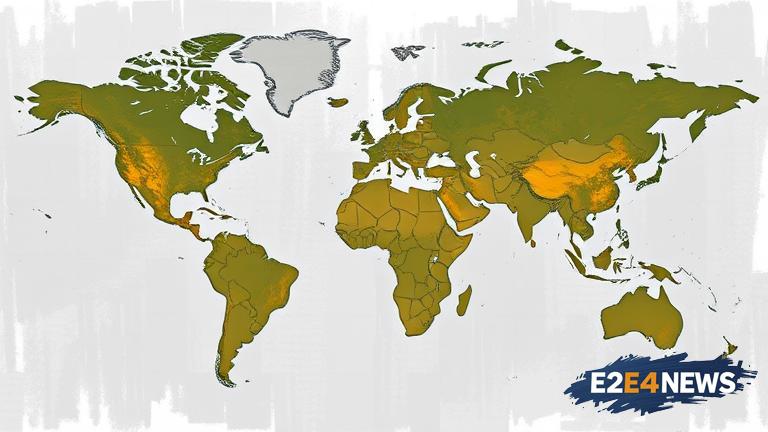A recent investigation has uncovered a mysterious influence campaign that appears to be deliberately stoking fears of a potential MPox outbreak. The campaign, which has been circulating on social media and other online platforms, has sparked widespread concern and speculation about the origins and intentions behind it. MPox, also known as monkeypox, is a rare and highly infectious disease that has been reported in several countries around the world. The influence campaign has been characterized by a series of coordinated and misleading posts, which have been designed to create a sense of panic and urgency around the potential outbreak. The posts have included false and exaggerated claims about the spread of the disease, as well as unsubstantiated allegations about the effectiveness of vaccines and treatments. Despite the lack of credible evidence to support these claims, the campaign has been successful in generating widespread fear and anxiety, with many people taking to social media to express their concerns and share misinformation. The origins of the influence campaign are still unclear, but it is believed to be the work of a sophisticated and well-resourced group or individual. The campaign has been linked to a number of suspicious accounts and websites, which have been spreading false and misleading information about MPox. The World Health Organization (WHO) and other global health authorities have been quick to respond to the campaign, issuing statements and guidance to reassure the public and counter the spread of misinformation. However, the campaign has already had a significant impact, with many people reporting feelings of anxiety and fear about the potential outbreak. The incident has also highlighted the need for greater awareness and education about MPox, as well as the importance of verifying information through credible sources before sharing it online. As the situation continues to unfold, it is likely that the influence campaign will be the subject of further investigation and scrutiny, with many questions remaining about the motivations and intentions behind it. The global community will be watching closely to see how the situation develops, and what measures are taken to prevent the spread of misinformation and protect public health. The incident has also raised concerns about the potential for similar influence campaigns to be used to manipulate public opinion and spread fear and misinformation about other health issues. The use of social media and other online platforms to spread false and misleading information has become a major concern in recent years, with many experts warning about the potential for these platforms to be used to manipulate and deceive the public. In response to these concerns, many social media companies have taken steps to crack down on the spread of misinformation, including introducing new policies and guidelines for users. However, the incident highlights the need for continued vigilance and action to prevent the spread of false and misleading information online. The WHO and other global health authorities have also emphasized the importance of working together to prevent the spread of misinformation and protect public health, and have called on governments and other stakeholders to take action to address the issue.
